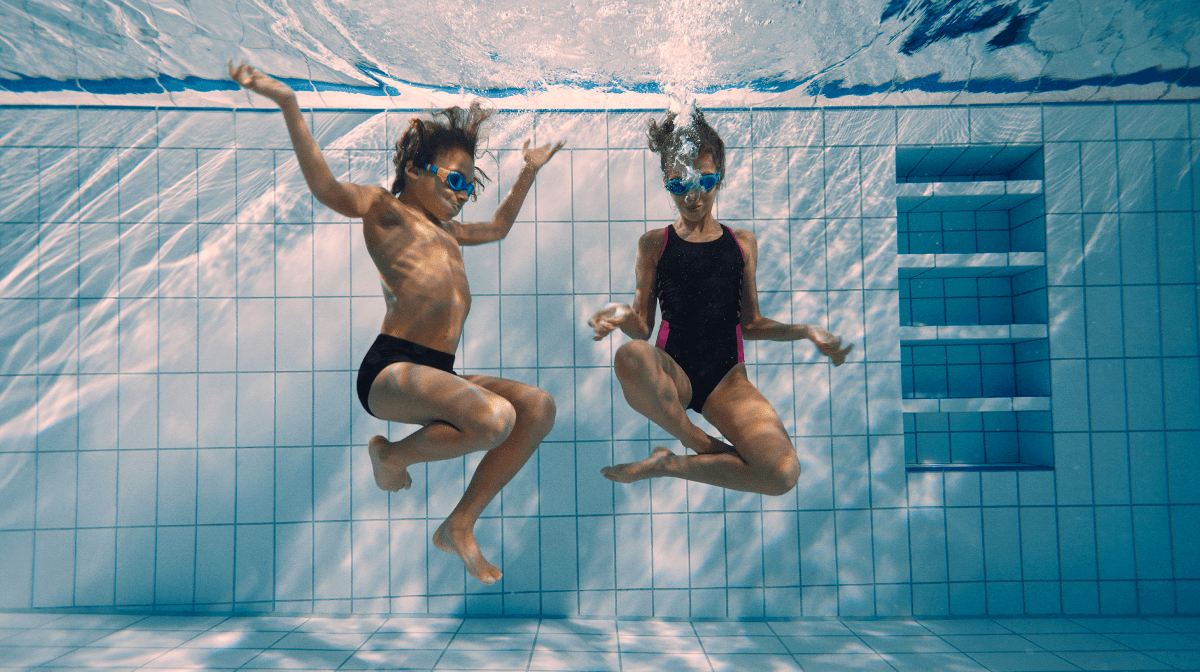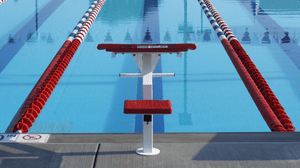Speedo
Writer and expert4 years ago

We’re all excited to get back into the pool and smash our training sessions! However, starting swimming again may also bring some worries or doubts. It’s natural to feel this way. So here are our top tips for returning to the pool, developed with Helen Davis, a chartered Sport Psychologist who works with athletes, coaches, and teams to enhance performance, including Team GB.

Speedo
Writer and expert

Related Articles








